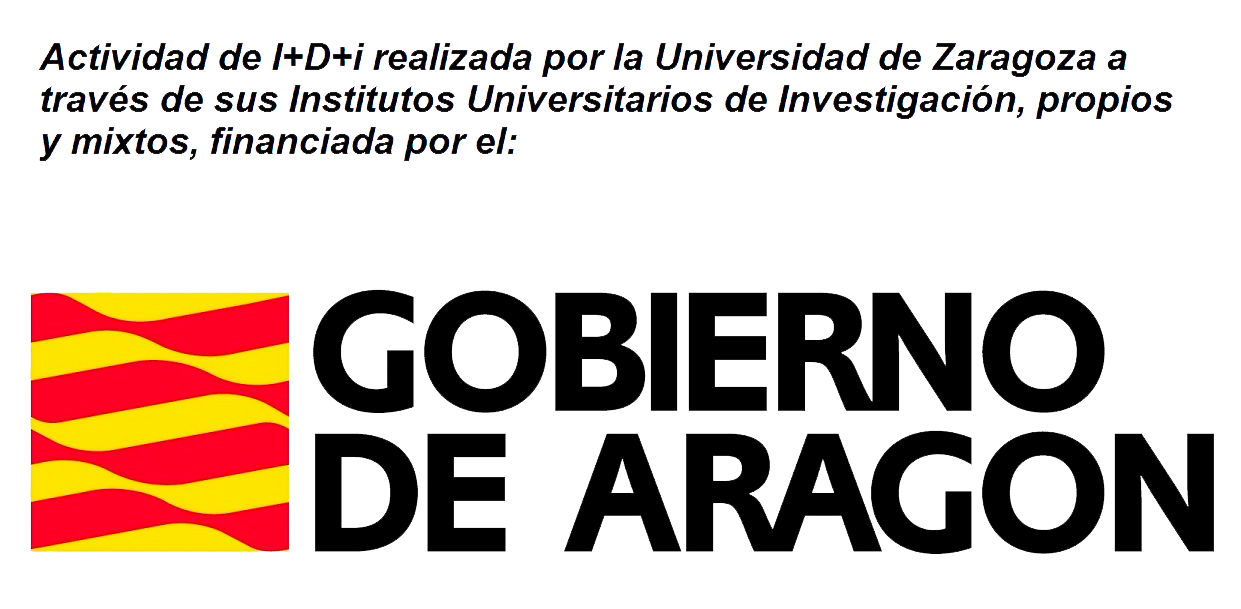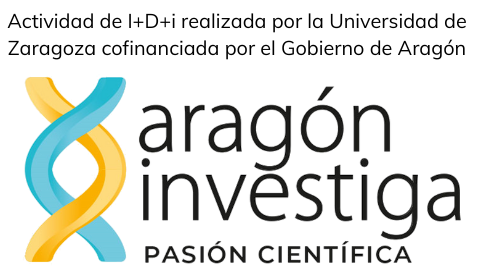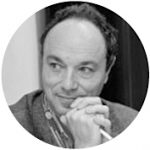Alberto Castro Barrigón
Centro: Dpto Física Teórica, Atómica y Óptica
Institución: Universidad de Valladolid
Position: Researcher from other universities or research centres
E-mail: alberto.castro.barrigon@gmail.com
Phone:
Web: https://bifi.es/~acastro
Profile: Ver
Personal statement
I studied Physics at the University of Valladolid, where I completed my doctoral thesis in Theoretical and Computational Physics, specifically in the modeling of materials and molecules using ab initio methods, particularly density functional theory (DFT). After completing my thesis (2004), I completed postdoctoral stays in Germany, at the Free University of Berlin and the Fritz-Haber Institute of the Max-Planck Society. In 2009, I joined BIFI after being hired by the ARAID Foundation of the Government of Aragon. In July 2024, I moved to the University of Valladolid, to the Department of Theoretical, Atomic and Optical Physics.
Researcher profile identity
Currently, I am an R4 researcher and I study the development of theoretical and computational methods for modeling atomic and molecular materials or systems. I have mainly worked on so-called “first-principles” or “ab initio” methods, which attempt to construct modules from the basic laws of nature (quantum mechanics, laws of electromagnetism, etc.), without resorting to simplifications based on empirical data. I am particularly interested in describing the interaction between external fields and material systems (“response properties”), which underpins spectroscopic methods for studying the structure of materials. For example, I have been able to predict the optical properties of materials or molecules by studying the interaction of light (ordinary or laser).
Why my research is important
In the fields of Physics of materials and Chemistry, computational modeling of systems is used to interpret experimental data, guide future experimentation, and increasingly, to directly replace experiments when they are expensive or even impossible to implement. This is due to the improvement in the theoretical methods used to build models, the improvement in the algorithms used for their computational implementation, and the enormous advances in computing systems. My research focuses on the first two points, and especially on the second: the development of computational methodologies that allow for reliable and predictive “theoretical spectroscopy.” These methods give other researchers and industry the opportunity to replace expensive experimental tests with computational simulations.
Know more about me and my research
– https://directorio.uva.es/nodo/9001002395
– https://acastro.uva.es/
– https://nanoestructuras.uva.es/












